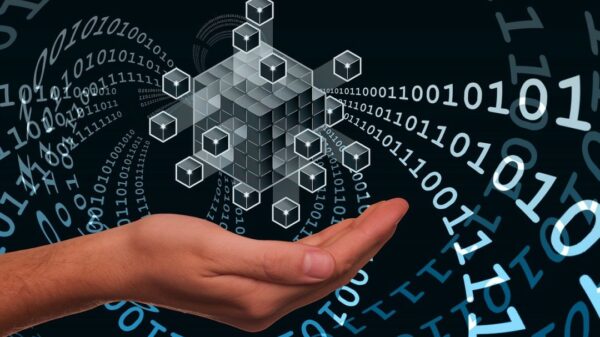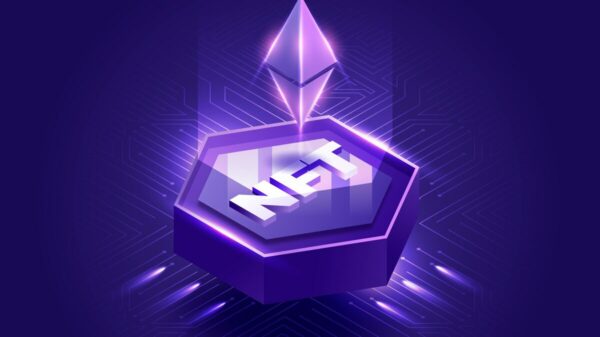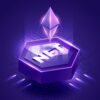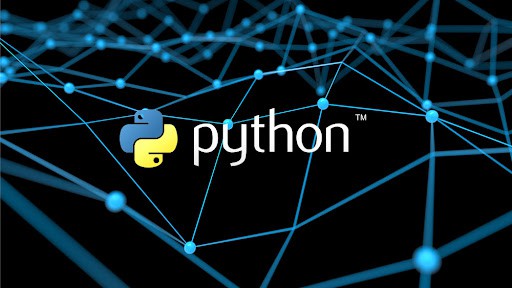Businesses, large and small are continuously adopting new technologies that can help them improvise their workflow. Blockchain is one of the most advanced technologies that can be described as a ledger or database (like Excel spreadsheets) which maintains a continuous list of data transactions. It accepts inputs from multiple parties.
In other words, blockchain is simply a linked list of blocks where every block comprises a number of transactions. The entire blockchain is retained on the huge networks of computers and it ensures that no individual has the control over its history. This means that no one can change the data that was primarily added to the record. Its built-in layer of data security ensures standardized, distributed database of information.
It means the data that has been already written in the ledger previously is stored in blocks – it can’t be edited or changed. Moreover, it’s an append-only transaction ledger where new information can be written but older data cannot be edited. Blockchains are driven by consensus. You need to have powerful computer systems and state-of-the-art IT architecture for using blockchain technology.
A Decentralized Database
Picture the olden days when spreadsheets used to be duplicated ample of times on the network of computers. Is it scary and extremely unsecured to manage and enter data in multiple sheets by multiple people? Yes, of course! Because it is not at always feasible and may result in theft, data loss, and cyber-attacks. Blockchain technology eliminates the retroactive alteration of a set of records without the consensus of the network.
Blockchain is cryptographically secure, shared data that organizations can use to keep a track of the ownership of assets across trust boundaries. The key terms in blockchain technology are –
Ledger: The database is “write once” so it is an immutable record of every transaction that occurs.
Distributed: There are many replicas of the blockchain database. In fact, the more replicas there are, the more authentic it becomes.
Shared: Value is directly linked to the number of organizations or companies that participate in them. There is huge value to even the fiercest of competitors to participate with each other in these shared database implementations.
Secure: Uses cryptography to generate transactions that are resistant to fraud and establishes a shared truth.
Consumers and organizations are increasingly concerned about where their products are coming from and how they are being produced. The transparency provided by the blockchain can enable near real-time detection of issues. This provides the ability to detect and divert unsafe products and hold responsible parties accountable.
The Origin of Blockchain
Conceptualized by Satoshi Nakamoto (identity is still anonymous) in 2008, Blockchain was invented to serve as the public transaction ledger of the cryptocurrency bitcoin. Blockchain encouraged bitcoins which became the first digital currency, also known as digital gold, that solved the double-spending financial problems.
With an intention of establishing and verifying trust without the need of the centralized system, blockchain makes the data secure and faster to scale. Talking about Bitcoin, it is the first cryptocurrency and worldwide payment system – a database comprising of Bitcoin transaction records. Created in 2009, this payment system lets you make the transactions without any middlemen – no banks! Bitcoins were heavily used to shop for furniture on Overstock, buy Xbox games and book hotels, without having credit cards with the customer.
Bitcoin extends the blockchain technology and hence, provides efficient and secured verification of huge chunks of data. Apart from tracking every transaction, this technology is a great solution for any platform where trust and authentication are required.
Blockchain brings better supply chain management, smart contract platforms, digital currencies, and tighter cybersecurity to the retail and manufacturing industries. Together, blockchain and supply chain management increases transparency and traceability of how money is expended, track asset registration (such as vehicles, machines, etc.) and reduce fraud and other operational costs.
In a supply chain, there are two categories of disputes. Those that an organization has with its suppliers and those that a customer has with that organization. Whether it’s refusals, returns or other types of claims, there are opportunities to gain benefits through automation. A blockchain based solution can introduce operational efficiencies and reduced costs. This is done using a single source of truth.
There are many parties involved in the supply chain, which introduces opportunities for tampering with genuine products or introducing counterfeit products. With blockchain and additive technology, organizations can gain validation that identify if a product has been tampered with.
The Future of Blockchain
Blockchain will drive the future. With traceable global currency and efficient infrastructure, the world’s economy will result in massive cost reduction and change the way how banks work. Bitcoins is to payments as email is to communication. Let’s have a look at how blockchain will bring great strides.
- Central banks will adopt this new change and ensure that cryptographically secured currencies are used extensively
- Blockchain-enabled digital ledger technology will be launched by Nasdaq which will lay focus on enhancing the equity management competencies offered by Nasdaq
- Blockchain will eliminate third parties in transactions
- Deloitte predicts that blockchain projects will surpass cloud computing and IoT in venture capital investment
- This technology is programmed to be immutable and is based on cryptography – this states that blockchain offers security in an unsecured internet.
- It brings transparency to the supply chain
- Ethereum is a blockchain based operating system and distributed computing system which features smart contracting capability. It lets you create digital currency. Created by Swiss non-profit organization, Ethereum is an advanced application based on blockchain.
- When we talk about blockchain, two things spring to the mind –
- It cannot be controlled by just a single person
- It is resistant to failure
Improved Security
With blockchain, the data is public – no one can get away with doing anything. According to The World Bank, over $430 billion U.S. dollars were transferred two years ago with this technology. Nowadays, there is a massive need of blockchain developers in the world. This technology will drastically change how businesses work – it uses enhanced security measures such as encryption technology which means that your data is safeguarded from cyber threats.
As for security control, there are two keys that help you secure online assets – the public key and private key. Whenever a user purchases bitcoins, it automatically records them on the user’s specific address in the public cloud. Private key means the password is known by the user and him or her only can access the bitcoins whenever needed. Indeed, this has completely revolutionized the way transactions take place.
OptiProERP delivers rich discretemanufacturing ERP functionality which compliments SAP Business One and helps you streamline your production processes and Quality process. You gain a greater insight into your operations, so that you can act fast and make decisions based on real time information, and help you drive profitable growth.

1 Comment
Leave a Reply
Cancel reply
Leave a Reply
This site uses Akismet to reduce spam. Learn how your comment data is processed.


























































































































































































Robert Bint
September 21, 2018 at 6:18 am
Well definitely blockchain will drive the future. Thanks for sharing this informative post. I love reading about blockchains. Keep posting